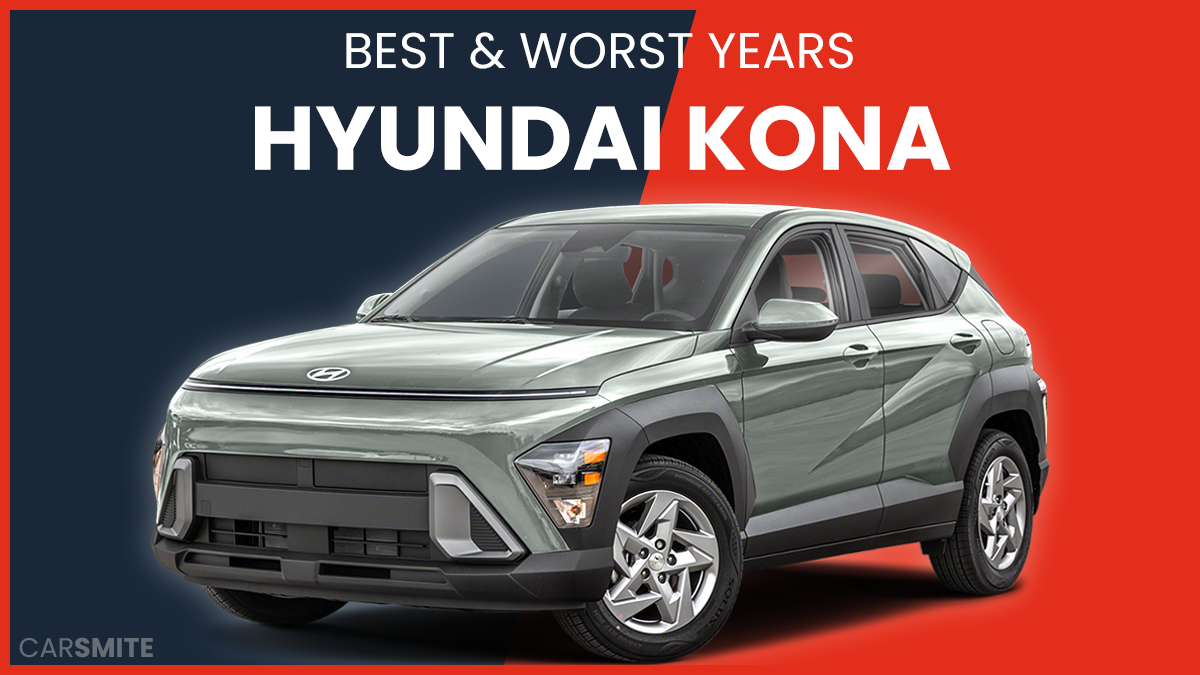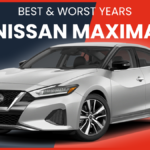Want to know which Hyundai Kona years excel and which lag behind?
We’ve analyzed data from NHTSA, Consumer Reports, and Kelley Blue Book to bring you the essential information.
We’ll cover engines, safety tech, common issues, and recalls to help you spot the top Konas. Ready?
Let’s dive in!
Table of ContentsShow
Hyundai Kona Generations
The Hyundai Kona burst onto the scene in 2017, quickly making waves in the small SUV world. It turned heads with its appealing looks, comfortable interior, and impressive tech features right out of the gate.
Kona’s standard package? It’s packed with advanced safety gear and a user-friendly infotainment system that’ll make tech lovers smile.
Here’s a concise summary of Kona generations since its launch:
| Generation | Years |
|---|---|
| 1st Generation (OS) | 2018-2023 |
| 2nd Generation (SX2) | 2024-Present |
When you’re choosing between generations, keep an eye out for major design updates and tech improvements. These could be game-changers in your decision-making process.
Hyundai Kona Best, Neutral, and Worst Years
So, how do we separate the Kona’s finest years from the rest? We dive into a thorough bunch of factors:
- What owners are saying about reliability
- How much you’ll shell out for yearly maintenance
- Safety ratings (because who doesn’t want to feel secure?)
- Consumer Reports’ take on reliability and owner satisfaction
- NHTSA data on recalls, investigations, and complaints
- Ratings from Edmunds, JD Power, Kelley Blue Book, VehicleHistory, and Cars.com
We’ve examined all these figures to give you a transparent picture. Check out this thorough graph:
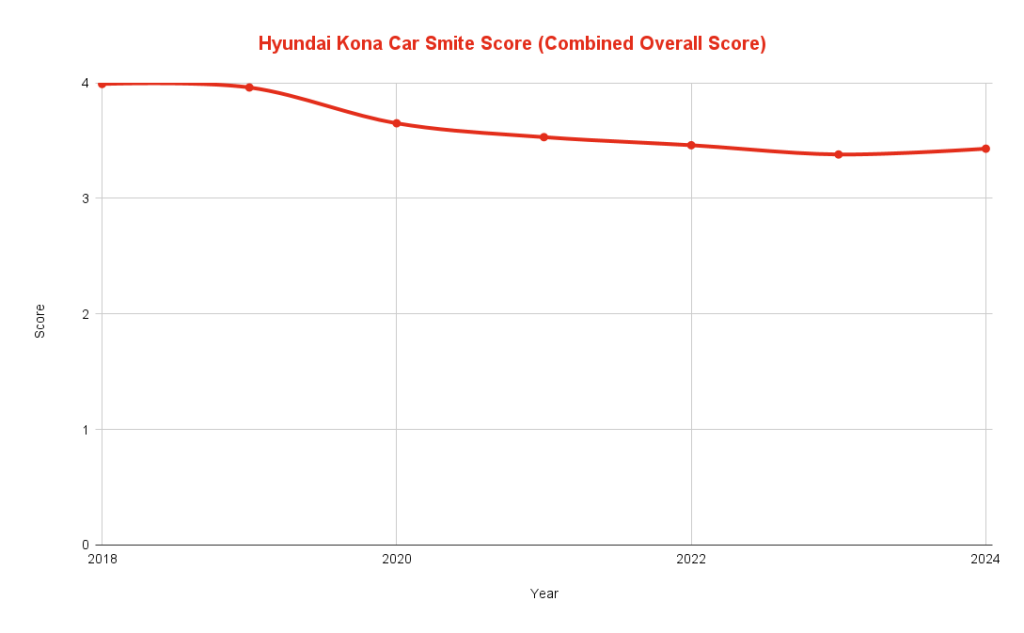
Now, let’s break it down even more. Here’s a basic guide to the Kona’s finest and poorest years:
| Generation | Best Years | Worst Years |
|---|---|---|
| 1st Generation (OS) | 2018 2021 2022 2023 | 2019 2020 |
| 2nd Generation (SX2) | 2024 | N/A |
Here’s a pro tip: Keep an eye on those NHTSA recalls. An abundance of recalls typically means reduced dependability, which is why some years end up in our “worst” category.
Ready to dive deeper? Let’s examine the best and worst years for each Kona generation.
Best & Worst Years for Hyundai Kona 1st Generation (2018-Present)
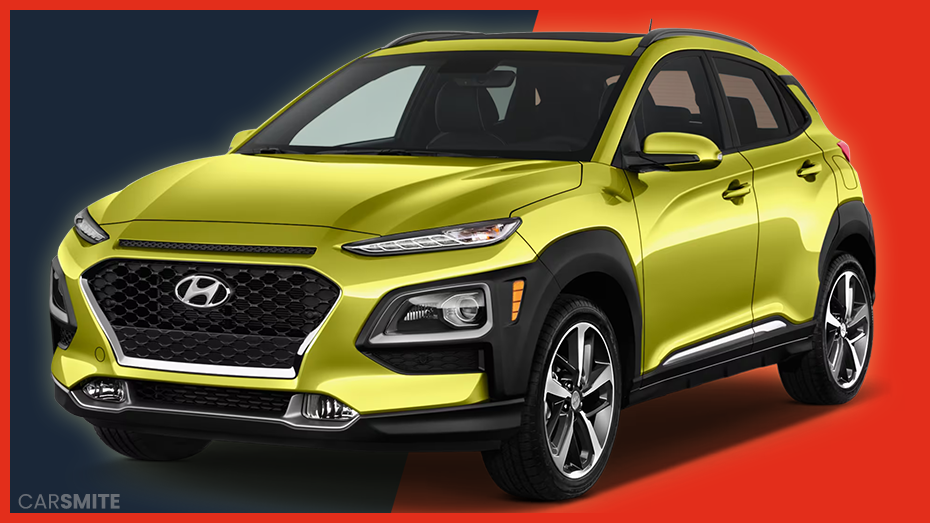
The first-gen Kona hit the streets with a bang. It caught eyes with its modern design, pleasant driving experience, and a lineup of engine options – including an eco-friendly electric version for the environmentally-minded drivers out there.
In this generation, 2018 and 2021-2023 stand out as the finest of the bunch. On the flip side, you might want to think twice about the 2019 and 2020 models.
The Best Years: 2018, 2021, 2022, 2023
What makes these years gleam? It’s all about progress in tech, effectiveness, and reliability.
The 2018 Kona kicked things off with two robust engine choices:
- A peppy 147-hp 2.0L MPI engine
- An optional 175-hp 1.6L Turbo GDI for those craving more oomph
These engines paired up with a 6-speed automatic or a 7-speed Dual Clutch Transmission, depending on which you selected.
Fuel efficiency? Not too poor. The 1.6L model gives you about 28 city/32 highway MPG, while the 2.0L Kona offers 27 city/33 highway MPG (both in FWD configuration).
By 2021, Hyundai elevated their safety game. They made forward collision-avoidance assist and lane-keeping assist standard features. Excellent move, Hyundai!
And let’s not forget the electric Kona. With its 201-hp electric motor and up to 258 miles of range, it became a significant rival in the competitive EV market.
These years hit the perfect spot – balancing performance, advanced safety features, and improved reliability.
The Worst Years: 2019, 2020
Now, onto the years you might want to avoid: 2019 and 2020. These models faced some significant issues and recalls.
The biggest headache? Problems with the 2.0L MPI engine. Owners reported excessive oil consumption and engines stalling out – not what you want to hear when you’re driving down the highway.
Hyundai had to issue a recall for incorrectly heat-treated piston oil rings, which could lead to significant engine damage. Ouch.
The 2019 Kona Electric didn’t fare much better. It got struck with recalls for battery short circuits (hello, fire hazard) and issues with the electronic braking system.
These issues put a dent in the 2019 and 2020 Kona’s reputation. If you’re after dependability and tranquility, you might want to look elsewhere.
Want additional information? Check out the NHTSA website for the comprehensive list of 2019 and 2020 Hyundai Kona recalls and complaints.
Best & Worst Years for Hyundai Kona 2nd Generation (2024-Present)
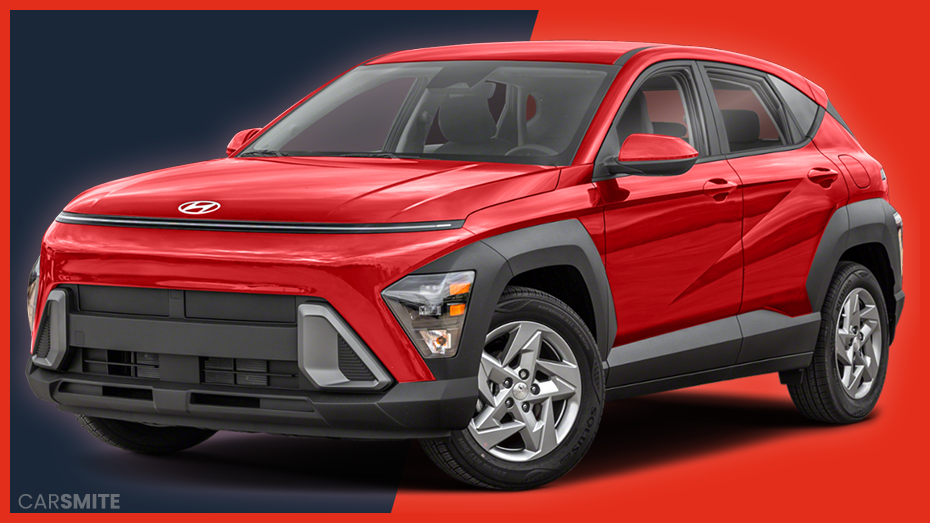
The 2024 Kona marks the start of a fresh era. This second-gen model is a significant step up in design, tech, and competence.
Hyundai’s given the Kona a sleeker, more refined look and bumped up the interior quality. It’s setting new standards for compact SUVs, with a major focus on electric power and state-of-the-art tech.
The Best Years: 2024
The 2024 Kona is the new kid on the block, and it’s making quite an impressive entrance. Here’s what makes it stand out:
- Updated 1.6L Turbo GDI engine: Better fuel efficiency and more punch
- Electric version: Aiming for over 300 miles on a single charge – that’s serious EV range
- Tech overload: Fully digital dashboard, bigger infotainment display, and improved connectivity
- Safety first: Hyundai’s latest SmartSense suite, including enhanced autonomous driving features
You can pick from SE, SEL, N Line, and Limited trims, each packed with features to fit various needs and budgets.
The 2024 Kona is shaping up to be another triumph in Hyundai’s lineup, offering style, fuel economy, and features in one small package.
Hyundai Kona Resale Values
Curious about how well the Kona holds its worth? Check out this chart:
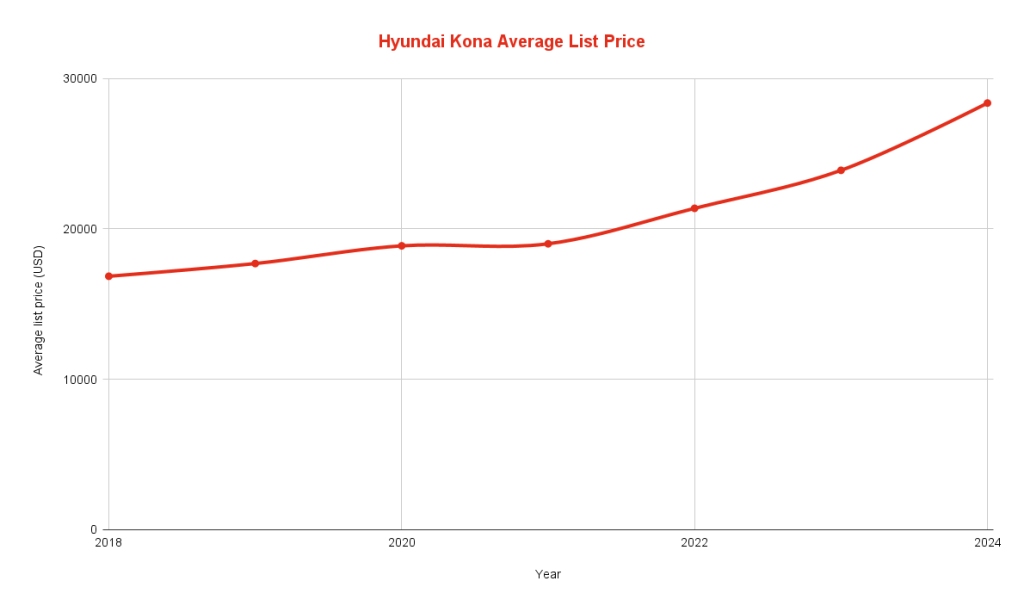
Conclusion
So, which Hyundai Kona year takes the leading spot?
Our comprehensive dive points to 2018, 2021-2023, and 2024 as the top picks. These models represent the best of what the Kona has to offer – fewer reliability issues, fewer recalls, and outstanding value for your buck.
On the flip side, you might want to steer clear of the 2019 and 2020 models. They faced some reliability issues that could give you problems down the road.
Seeking the perfect balance between advanced tech and affordability?
The latter years of the initial generation (2021-2023) might be your perfect bet.
What’s your opinion? Have you had experience with any of these particular models?
Share your thoughts in the comments – we’d love to hear from you!
